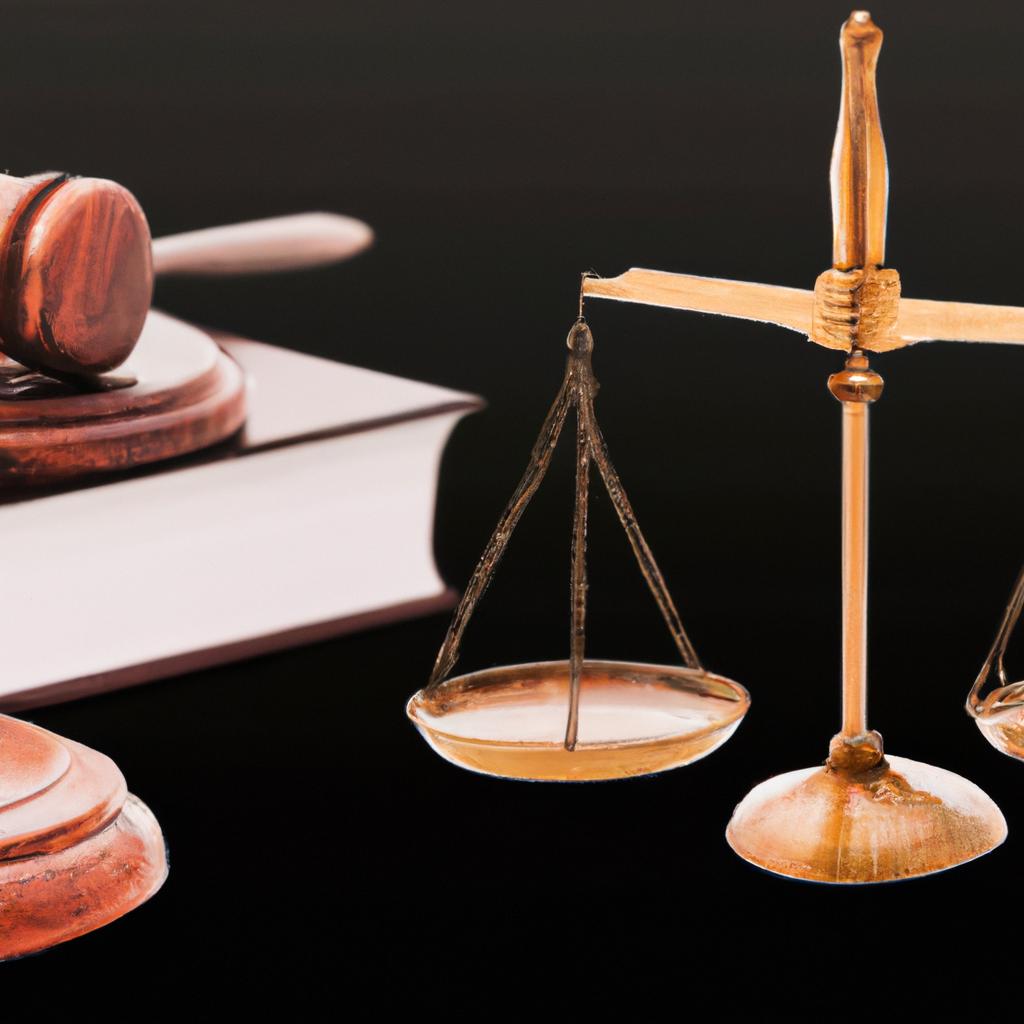In the complex realm of estate planning, the concept of a small estate may often be overlooked or misunderstood. As seasoned legal professionals at Morgan Legal Group in the vibrant metropolis of New York City, we recognize the vital importance of understanding the nuances surrounding small estates. This article aims to demystify the definition of a small estate, shed light on its implications, and provide crucial insights for navigating this aspect of estate planning with precision and expertise. Let us embark on a journey to unravel the intricate fabric of small estates and equip ourselves with the knowledge necessary to navigate this terrain with clarity and confidence.
Understanding the Concept of a Small Estate
A small estate refers to an estate that is valued below a certain threshold as determined by state law. This threshold varies by jurisdiction but is generally lower than the average estate value. Small estates are typically subject to simplified probate procedures, making the process quicker and less complicated for beneficiaries.
When dealing with a small estate, it is important to understand the specific laws and regulations that apply in your state. Working with an experienced estate planning attorney can help ensure that the process runs smoothly and that all necessary steps are taken to properly distribute the assets. By taking the time to familiarize yourself with the concept of a small estate, you can be better prepared to navigate the probate process and protect the legacy of your loved ones.

Key Criteria for Qualifying as a Small Estate
When determining whether an estate qualifies as a small estate, there are several key criteria that must be met. These criteria vary by state but generally include:
- Total Value: The total value of the estate must fall below a certain threshold, which is typically set by state law.
- No Real Property: Small estates usually do not include any real property, such as land or buildings.
- No Outstanding Debts: The estate must not have any outstanding debts or obligations that exceed the value of the assets.
It is important to consult with an experienced estate planning attorney to determine whether your loved one’s estate qualifies as a small estate. By meeting the necessary criteria, you may be able to avoid the lengthy and costly probate process, allowing for a quicker distribution of assets to beneficiaries.

Benefits of Having a Small Estate
Having a small estate can come with numerous benefits, making the estate planning process much simpler and less burdensome for both the decedent and their loved ones. One major advantage of a small estate is the expedited probate process, which can save time and money. In most states, estates below a certain value are considered small estates and may qualify for simplified probate procedures. This means the estate can be settled more quickly, allowing beneficiaries to receive their inheritances sooner.
Additionally, a small estate generally involves fewer complications and legal issues, leading to a smoother distribution of assets. With fewer assets to manage, there is less risk of disputes among beneficiaries and less likelihood of costly litigation. Moreover, the estate administration process is typically less complex, reducing the need for extensive documentation and court involvement. Overall, having a small estate can simplify the estate planning process and provide peace of mind to all parties involved.

Recommendations for Managing and Administering a Small Estate
In the realm of estate administration, a small estate generally refers to the assets left behind by a deceased individual that fall below a certain threshold in value. In most jurisdictions, the exact definition of a small estate varies, but it typically includes assets such as personal belongings, small bank accounts, and modest real estate holdings. Small estates are often easier and less expensive to administer compared to larger estates, making them an attractive option for many individuals.
When managing and administering a small estate, it is important to follow certain recommendations to ensure a smooth and efficient process. Some key recommendations include:
- Identify all assets: Begin by taking an inventory of all assets left behind by the deceased individual, including bank accounts, real estate, personal property, and any other valuable items.
- Determine debts: It is essential to determine and settle any outstanding debts and obligations of the deceased individual before distributing the remaining assets to heirs or beneficiaries.
- Probate avoidance: In some cases, small estates may be eligible for probate avoidance, which can save time and money in the estate administration process.
Q&A
Q: What is a small estate?
A: A small estate refers to an estate with a total value that falls below a certain threshold, which varies by state or jurisdiction.
Q: How is a small estate different from a regular estate?
A: Small estates often qualify for simplified probate procedures, which can save time and money for the beneficiaries.
Q: What are the advantages of having a small estate?
A: The main advantage is that it can bypass the lengthy and expensive probate process that larger estates typically go through.
Q: How can one determine if an estate qualifies as a small estate?
A: One must first determine the value of the assets in the estate and compare it to the threshold set by the state or jurisdiction.
Q: Are there any disadvantages to having a small estate?
A: One potential disadvantage is that there may be limitations on the types of property that can qualify as part of a small estate, such as real estate or certain types of personal property.
Q: Can a small estate still be subject to taxes?
A: Yes, even a small estate may still be subject to estate taxes, depending on the total value of the assets and the applicable tax laws.
In Retrospect
In conclusion, understanding what constitutes a small estate can help simplify the process of handling a loved one’s assets after their passing. By familiarizing yourself with the laws and regulations surrounding small estates, you can navigate the probate process more efficiently and effectively. Whether you’re a beneficiary, executor, or family member, knowing the ins and outs of small estates can make a challenging time a little bit easier. So take the time to educate yourself and be prepared for whatever may come your way. Remember, knowledge is power, especially when it comes to matters of the heart and finances.


